A study in the journal Smart Materials in Medicine has earned a retraction, seemingly not because of scholarly malfeasance or an inadvertent oversight, but because of a “lack of agreement on affiliation format.”
The crucial fact seems to be that almost all of the article’s authors, including its two senior authors, list affiliations in Taiwan, raising the question if the retraction is based on the geopolitical dispute about whether Taiwan is an independent nation or part of China.
The article, “Anti-microbial/oxidative/inflammatory nanogels accelerate chronic wound healing,” was published online in late 2021. The journal is not indexed in Clarivate’s Web of Science, although there are 10 citations of the article listed on the article’s web page as of January 12. There is no Twitter chatter indicating anything amiss with the article’s conclusions or methods, and no discussion about it on PubPeer.
It’s unclear when exactly the paper was retracted. Its cryptic retraction notice states:
Continue reading Was a paper from Taiwan retracted because of a geopolitical dispute?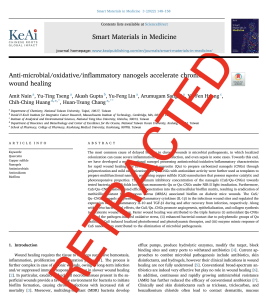



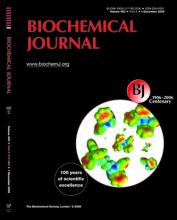

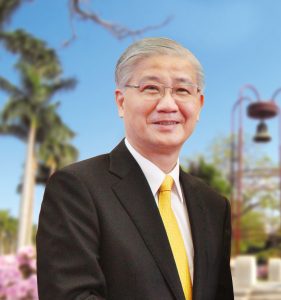
 Two countries have recently announced plans to learn more about research misconduct, with the goal of preventing it from happening in the first place.
Two countries have recently announced plans to learn more about research misconduct, with the goal of preventing it from happening in the first place.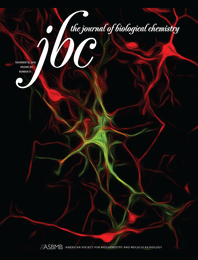 In November, a vice president at an institution in Taiwan
In November, a vice president at an institution in Taiwan 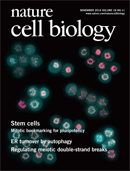 Last week, we learned a 2016 paper heavily discussed on PubPeer
Last week, we learned a 2016 paper heavily discussed on PubPeer